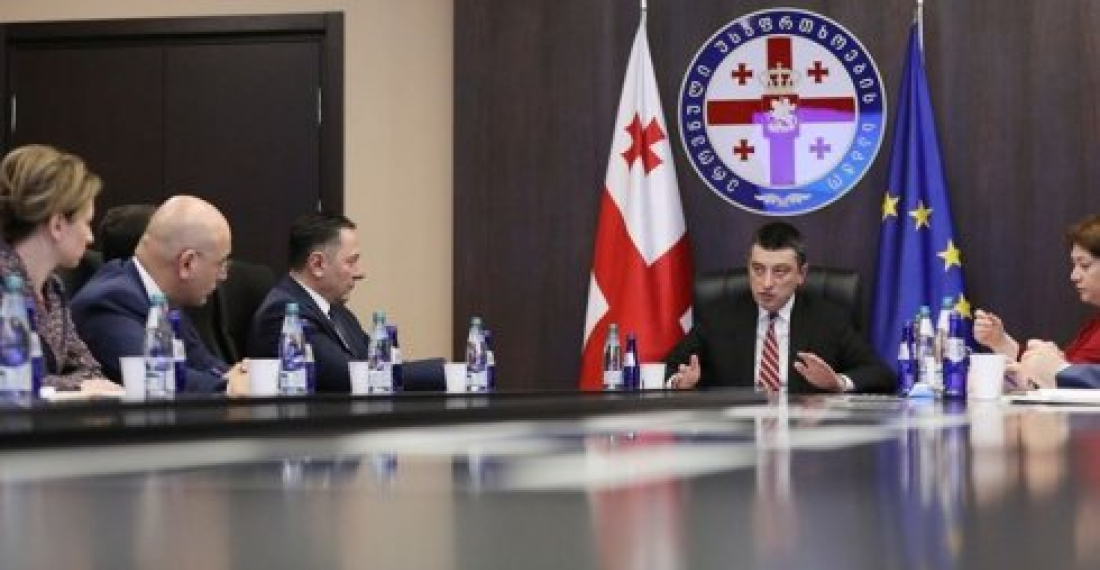The coronavirus pandemic continues to dominate life across the world as whole countries come under lockdown and all the economies struggle to deal with the fallout. Political fallout will also for sure soon follow, but not just yet.
In the South Caucasus the governments have been putting huge efforts to contain the spread of the virus. Up to now the numbers of those tested positive for the virus in Armenia, Azerbaijan and Georgia has been in double digits, both in individual countriesd as well as region wide. On Tuesday (17 March) the numbers of those tested positive in the three countries collectively went into three digits, with the combined number of cases reaching 119. It is very likely this will also be reached in the three countries individually in the next days.
Armenia
As of midday on 17th March the number of reported positive cases in Armenia reached 64 after an additional 12 cases were recorded. This this was stated by the spokesperson of the Armenian Ministry of Health, Alina Nikoghosyan.
The epicentre of the virus in Armenia has been Etchmiadzin. Most roads leading to the town which is the religious centre of the Armenian Apostolic Church have been closed, and access through three arteries is being monitored.
Armenia yesterday declared a state of emergency, which is going to last until 14 April. As a result, a referendum on constitutional changes scheduled for 5 April has been postponed. Classes are banned in all public, private schools, kindergartens, vocational schools and universities. Visits to prisons, military bases, psychiatric hospitals, social service institutions and children's institutions are banned. Regulations also ban the spread of information on coronavirus cases except for that released through official channels.
Georgia
In Georgia the number of cases so far confirmed is 34, and they are mainly in the capital Tbilisi, although there have also been isolated cases in Adjara and Kutaisi. As from tomorrow the government has banned travel in the yellow Marshutka minibuses that criss-cross through the Georgian capital and keep the city moving.
Prime Minister Gakharaia on Tuesday said that the government does not yet feel the need to declare a state of emergency. Speaking at a meeting of the Co-ordination Council established to deal with the crisis the prime minister said that the number of cases was expected to increase and the health care system had to be ready.
Azerbaijan
In Azerbaijan an Operational Headquarters has also been established under the Office of the prime minister, and it has been holding regular meetings.
On Tuesday, it reported three new cases, bringing the number up to 21. The government has introduced a number of new measures to enable the enforcement of a quarantine regime, and also to manage the dissemination of information.
There is concern in Azerbaijan that the virus may spread faster during the upcoming Novruz holiday when it is customary for people to visit family and friends. The governments has issued guidelines to try to minimise the risks.
The Board of Caucasian Muslims, which is based in Baku, announced on Tuesday thatsome activities regarding Haj pilgrimage have been postponed amid the coronavirus threat. For the moment the Board is hstill accepting documents from thos who want to go on this year's haj
It has been noted however document acceptance for Haj pilgrimage from Azerbaijan is continuing.
source; commonspace.eu with agencies
photo: prime minister Giorgi Gaharia chairing a meeting of the special co-ordinating council established to deal withe spread of the coronavirus pandemic in Georgia. (picture courtesy of the press service of the government of Georgia).







